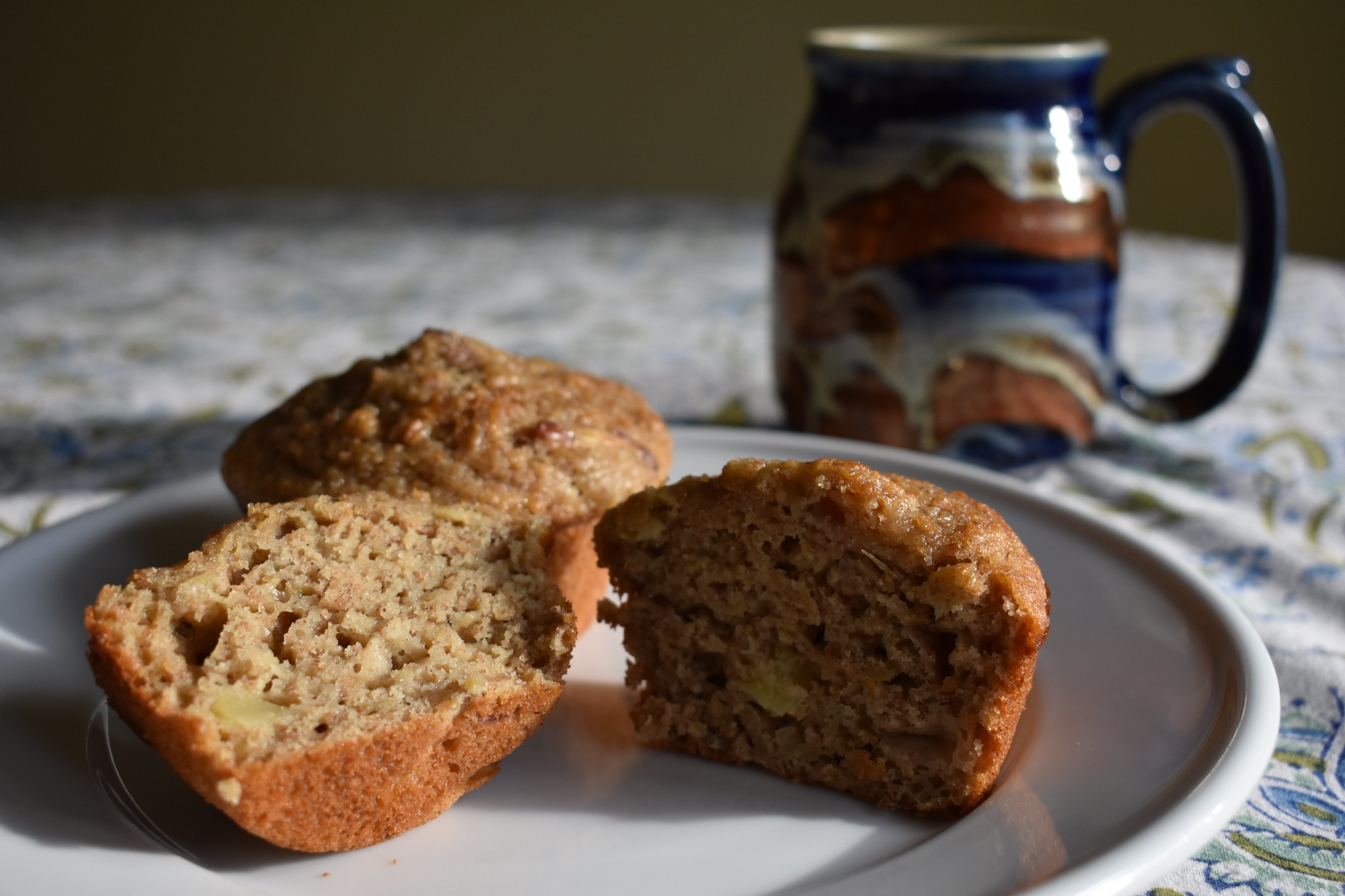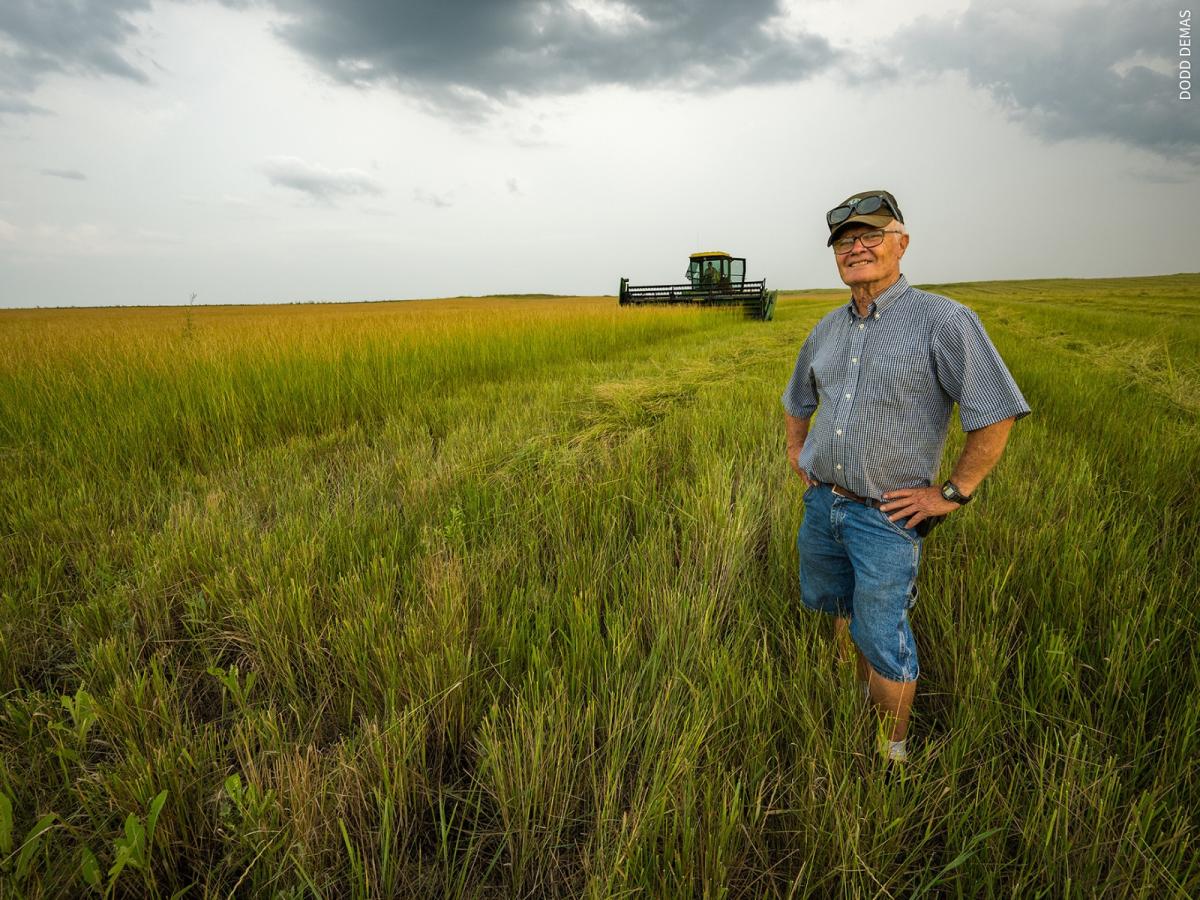Rave reviews for locally made Kernza goods, even amid market growing pains

It takes more than a tasty product to create a market. Learn about how growers, businesses and consumers can work together to support clean-water crops like Kernza.
It’s easy to shop for food on autopilot, zigging your cart along the regular route to grab Triscuits, Land O’ Lakes butter or Peet’s Coffee. Depending on your level of grocery-store zen or desperation, you might not even really "see" the items on the shelf. Trusted items get placed into the cart out of habit, while unfamiliar brands and products simply go unnoticed.
So what does it take to get consumers to try a familiar item from a different brand, or vice versa? Or to purchase something entirely new from a company they haven’t heard of? Changing that behavior is something marketers devote an entire career to.
It turns out, though, there's a very good reason to turn off your autopilot. Because what’s available at the grocery store — and what we choose to buy — can play a pretty big role in determining whether we have a healthy Mississippi River.
The Star Tribune recently published an article about the challenges facing growers and sellers of Kernza perennial grain, a clean-water crop that delivers remarkable benefits for our environment and public health. In the article, reporter Jennifer Bjorhus digs into some of the early challenges in getting Kernza in front of consumers, and importantly, on their regular shoppings lists.
They're the types of challenges that are normal and expected when working with a crop that's still in its infancy, said Carmen Fernholz, president of Perennial Promise Growers Cooperative.
"If we are striving for clean and inviting recreational waters, as well as less expensive ways to ensure safe drinking water, everyone needs to be engaged in a food system that can be part of the solution," Fernholz, an experienced Kernza grower, told FMR. "Just as us farmers take the calculated risk of growing the new crops that will help us get there, we need consumers and public leaders to help grow the market that will sustain this new grain production paradigm."
Farmers aren’t in the habit of giving away their produce, so we need to spur more consumer demand if we want them to change what they plant. Thankfully, there are a lot of options at this early stage of Kernza's development — even just right here in Minnesota.
That includes Doughp Creations (Granite Falls), Sturdiwheat (Red Wing) and Artisan Naan Bakery (St. Cloud):
While it helps tremendously that Kernza tastes really good, changing grocery store habits requires more than just a tasty treat: It takes time and repetition, and figuring out things like pricing, branding and ensuring a reliable supply.
Oh, and add some more time while we’re at it.
The journey from farm to consumer
The responsibility of lifting up Kernza does not rest entirely with ordinary shoppers.
Between a farmer’s field and an eater’s plate, an important supply chain of businesses exists. They process, distribute and market clean-water crops such as Kernza before the products even reach the grocery store.
These supply chain businesses need support to weather this normal, early period of instability while the market establishes its roots.

“If we are striving for clean and inviting recreational waters, as well as less expensive ways to ensure safe drinking water, everyone needs to be engaged in a food system that can be part of the solution." —Carmen Fernholz
As Bjorhus notes in her Star Tribune piece, the Minnesota Legislature has stepped up to provide grant funding for businesses involved with Kernza and other clean-water crops. This money provides an early, vital helping hand while Kernza finds its level in the marketplace, and while the Forever Green Initiative continues its research and development of these crops.
“Each of us — farmer, processor, retailer — and all of us as consumers will need to work in concert with each other, as well as with state and national investment dollars, to advance this grain as we move toward an ever more human-impacted planet,” Fernholz said.
Meanwhile, Forever Green and partners are exploring different sustainable business models that will keep farmers, businesses and consumers satisfied.
Legislators do want to see they’re not spending taxpayer money tilting at windmills, though, so it’s important to show that consumer habits are changing, however slowly. This is why your purchases matter.
Want to order from one of these local businesses spotlighted above?
- Find the Doughp Creations shop here
- Order from Sturdiwheat here
- And see where to buy Artisan Naan products here
You can also check out our full list of where to buy food and drink products made with clean-water crops.